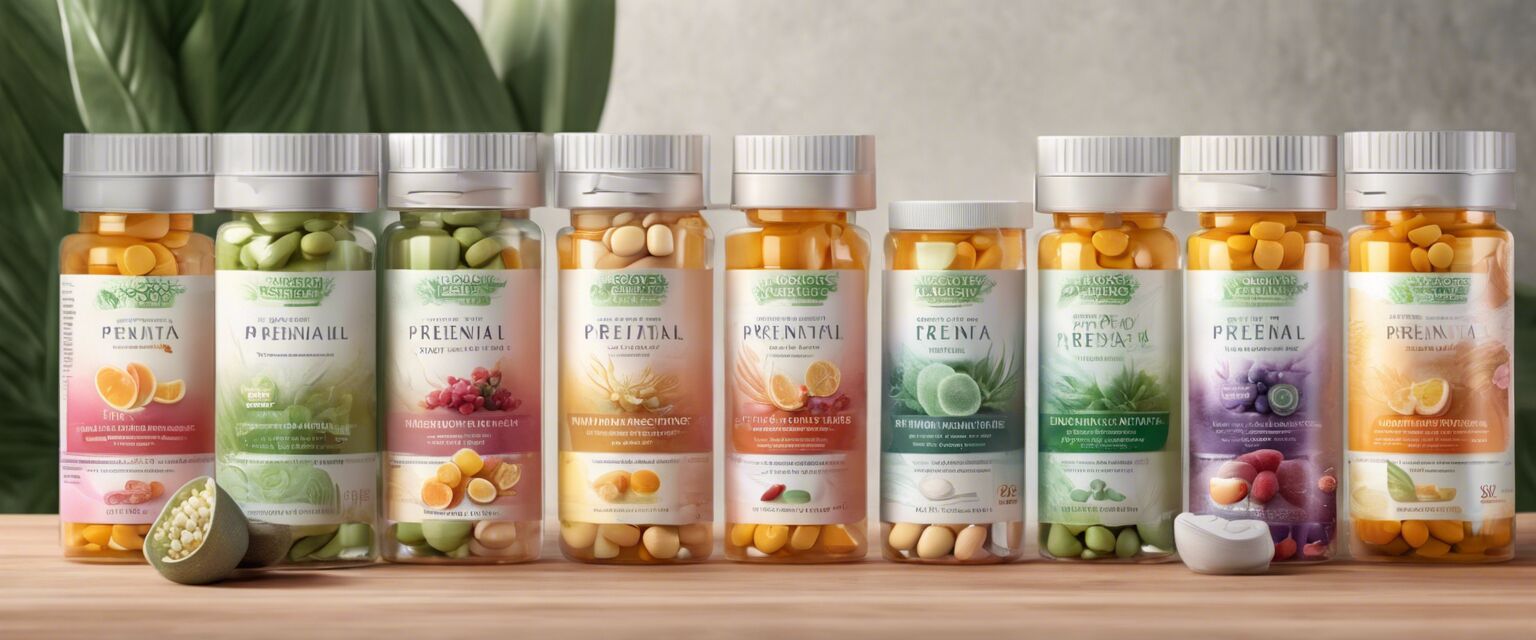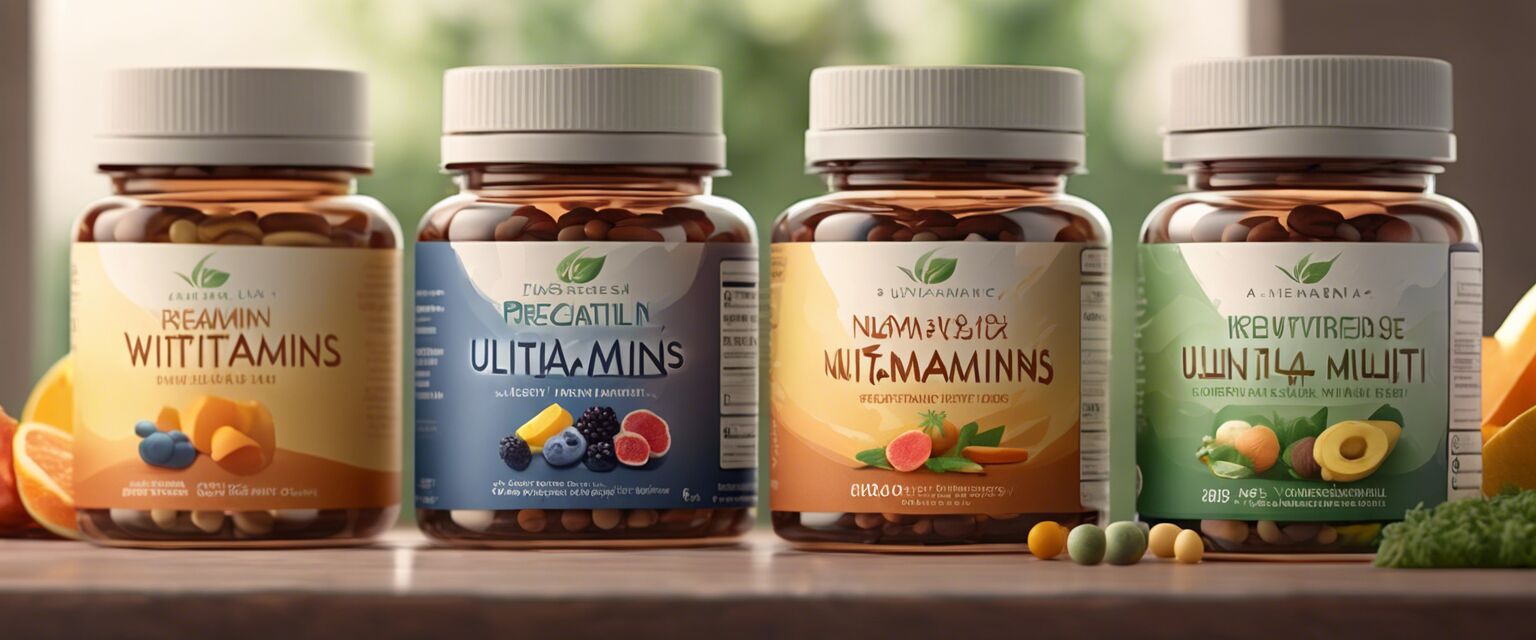
Ingredients to Look For
Key Takeaways
- Prioritize essential nutrients like folic acid, iron, and calcium.
- Look for certified gluten-free and organic options.
- Consider vegan and chewable prenatal vitamins for convenience.
- Consult a healthcare provider before starting any supplement.
Choosing the right prenatal multivitamins is crucial for the health of both expecting mothers and their babies. With so many options available, it's essential to understand which ingredients are beneficial and what to look for in a quality prenatal vitamin. This guide will help you navigate through the sea of products and highlight the essential ingredients that support optimal health during pregnancy.
Essential ingredients in prenatal multivitamins
Prenatal multivitamins are specially formulated to meet the nutritional needs of pregnant women. Here are some of the most important ingredients to look for:
| Ingredient | Benefits | Recommended Daily Amount |
|---|---|---|
| Folic Acid | Supports fetal growth and reduces neural tube defects. | 600-800 mcg |
| Iron | Helps in the production of hemoglobin and prevents anemia. | 27 mg |
| Calcium | Essential for developing baby's bones and teeth. | 1,000 mg |
| DHA | Supports brain and eye development in the fetus. | 200-300 mg |
| Iodine | Promotes healthy thyroid function and metabolism. | 220 mcg |
Types of prenatal vitamins
When selecting prenatal vitamins, consider the following types:
- Certified gluten-free vitamins
- Chewable prenatal vitamins
- DHA prenatal supplements
- Organic prenatal vitamins
- Vegan prenatal multivitamins
Pros and cons of prenatal multivitamins
Pros
- Convenient way to ensure you meet nutritional needs.
- Formulated specifically for pregnancy.
- Can help prevent deficiencies that could impact health.
Cons
- Some may cause nausea or digestive issues.
- Not all brands are created equal; quality may vary.
- Can be more expensive than regular vitamins.
How to choose the right prenatal vitamin
When choosing a prenatal vitamin, consider the following tips:
- Consult with your healthcare provider for personalized recommendations.
- Check the label for essential vitamins and minerals.
- Look for third-party testing to ensure quality and safety.
- Consider your dietary restrictionsâgluten-free, vegan, etc.
- Read reviews and ratings from other users.
Common misconceptions about prenatal vitamins
There are several myths surrounding prenatal vitamins that can lead to confusion:
- Myth: Prenatal vitamins guarantee a healthy pregnancy.
Fact: They complement a balanced diet but are not a substitute for healthy eating. - Myth: All prenatal vitamins are the same.
Fact: Ingredients and quality can vary significantly among brands. - Myth: You can take them at any time during the day.
Fact: Some ingredients are better absorbed with food.
Conclusion
Understanding the essential ingredients to look for in prenatal multivitamins is a vital step in supporting the health of both mother and child during pregnancy. Always consult with a healthcare provider before starting any new supplement and choose high-quality products that meet your specific nutritional needs.










